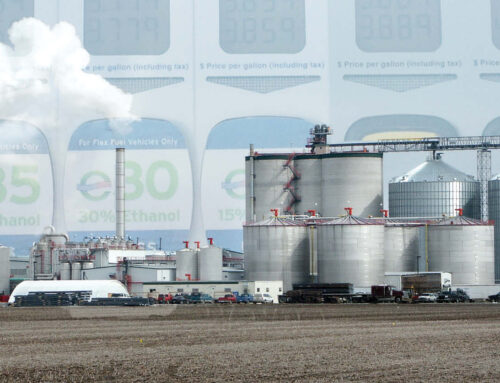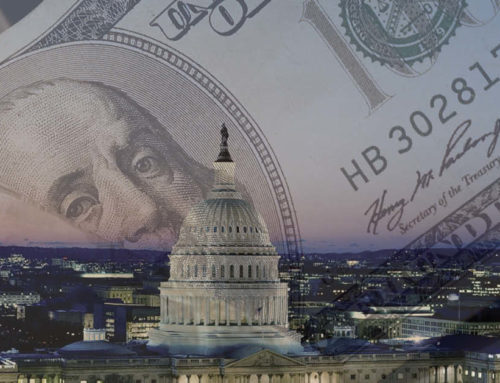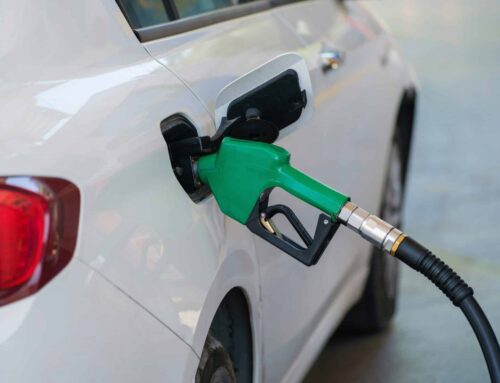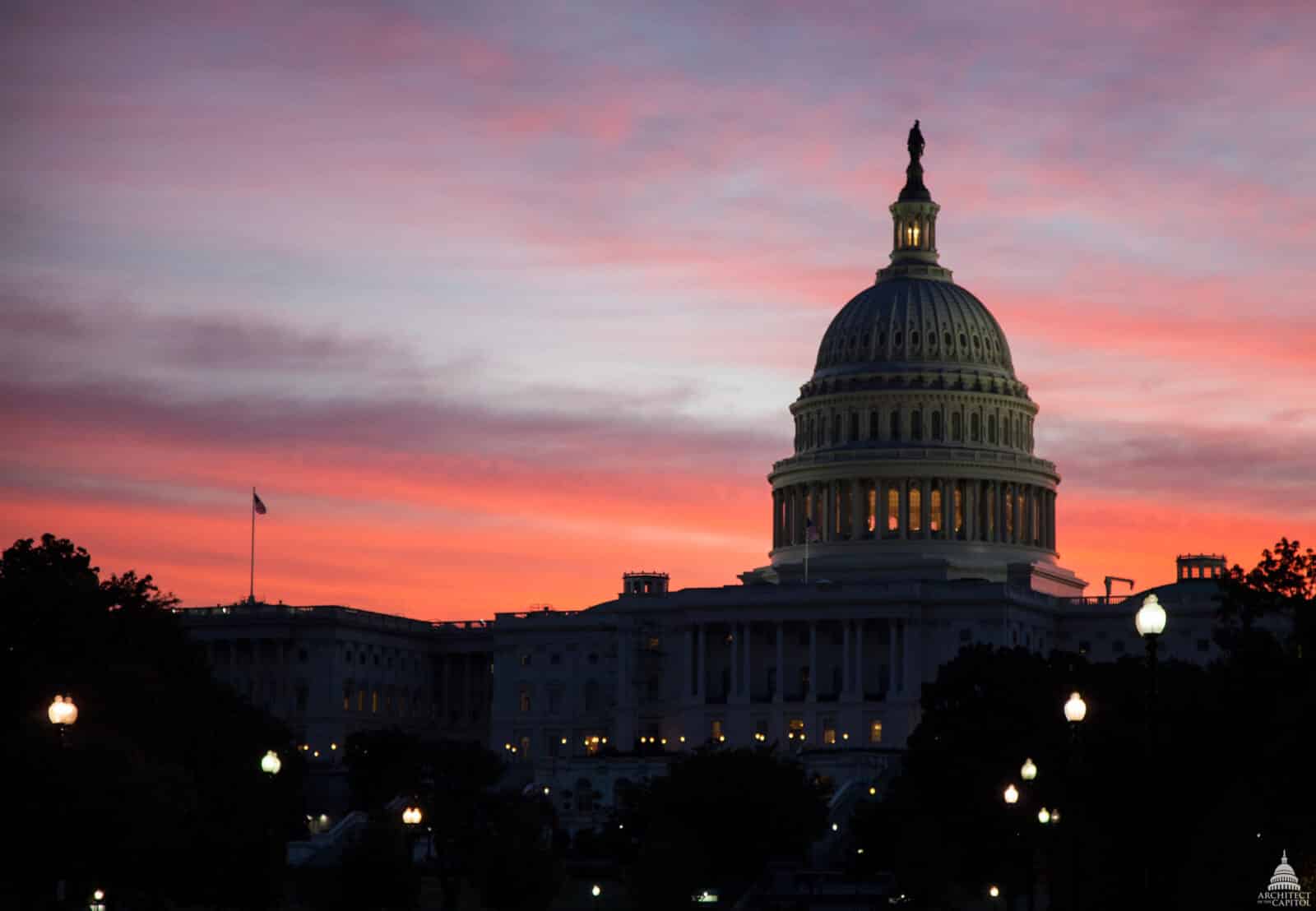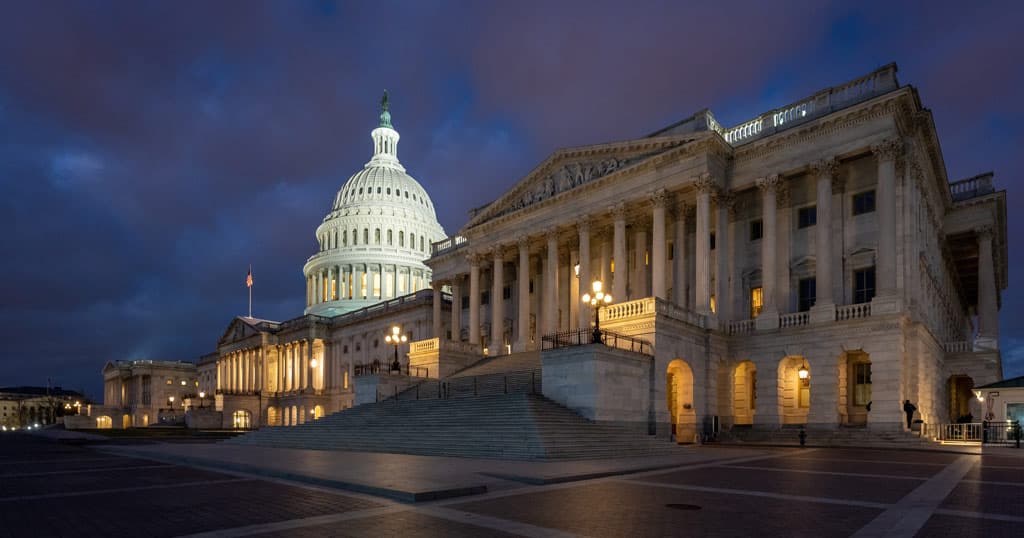The definition of insanity is often cited as doing the same thing the same way over and over and expecting different results. Well, somebody better start preparing padded cells for the lawmakers that are intent on wasting billions of dollars trying to turn coal into a synthetic fuel. Again.
Flashback to the 1970s. Oil prices were skyrocketing and coal-derived synthetic fuels were being touted as the ultimate solution to our nation’s dependence on foreign oil. Congress responded with the $15 billion ($36.9 billion in today’s dollars) Synthetic Fuels Corporation (SFC). The inevitable energy bust followed the boom as oil prices dropped. The SFC, plagued by economic failure and high-level scandals, died a long and painful death, after billions of taxpayer dollars were wasted.
Back to the future. Coal state lawmakers have sponsored numerous pieces of legislation designed to jumpstart the coal-to-liquids (CTL) industry, which produces synthetic fuels from coal using a chemical technology developed in the 1920’s. They’re offering everything from cushy loan guarantees to cumbersome price floors for the CTL industry, with taxpayers left holding the bag.
At $6.5 billion a pop, coal-to-liquid plants take seven years to construct, and cost around $350 million a year to operate. In the process of converting coal to fuel, CTL plants emit massive amounts of carbon dioxide. Bringing the pollution levels of these plants in line with the levels of plants producing conventional fuels will require companies to employ unproven carbon-sequestration technology. Sequestration could add $150 million more in capital costs and an additional $98 million per year in operating costs for a medium-sized plant. MIT recently estimated that replacing just 10% of America’s oil consumption with CTL fuels will cost a whopping $70 billion, which doesn’t even include the added costs of additional coal mining.
The coal-to-liquid industry is not only costly, it’s economically risky. Coal-to-liquid fuels are only economically viable when the price of oil stays above $55 to $65 per barrel. Oil prices are high now, but historically they have been closer to $35 per barrel. In 2002, prices were hovering around $22. This volatility is one reason why private companies haven’t entered the CTL industry in the past. If oil prices suddenly drop, billions of dollars invested in capital could go down the drain.
King Coal recognizes what an enormous risk this would be, so they’re asking Uncle Sam to provide a safety net. The legislation the coal industry is asking for includes massive tax breaks for the CTL industry, billions in loan guarantees for CTL plants, and a guaranteed price floor of roughly $40 per barrel for coal-derived fuel – which would ensure CTL companies profits even in lean times. It’s a great deal – if you don’t have to pay for it. The CTL companies don’t just want straight taxpayer investments; they want taxpayers to promise to buy all coal-derived fuel if things go south.
Unlike lawmakers, the CTL companies have learned from the past. Lawmakers would also do well to remember these lessons and let the market decide which technologies will best lead us toward energy independence. Anything else would be insanity.





